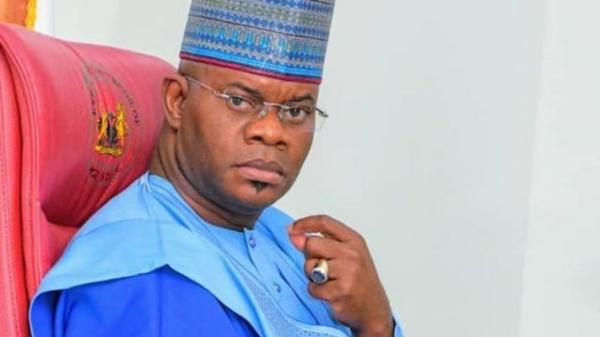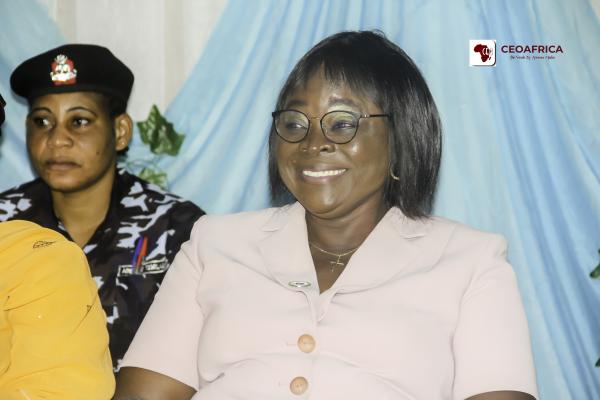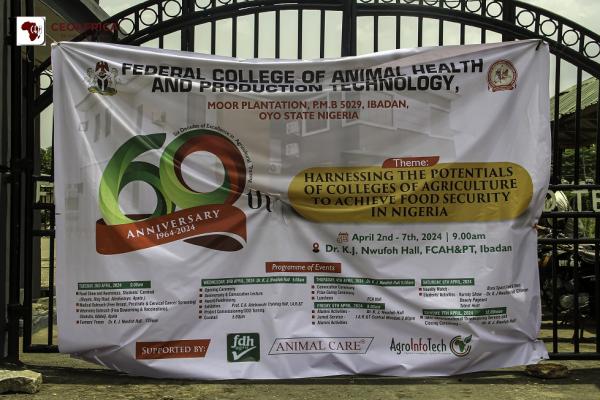
The National Commission for Human Rights (NCHR) has called on Rwandans to always stand up for their rights.
The rights watchdog made the call yesterday at Parliament during celebrations for 70 years of the United Nation's Universal declaration of Human Rights.
Madeleine Nirere, the Chairperson of the National Commission for Human Rights, said that while a lot had been achieved, there was need for everyone to play a role in preserving human rights as well as raising awareness among those who are unaware of their rights.
Chris Mburu, Senior Human Rights Advisor at One UN Rwanda , speaks on a panel during the celebration of 70th anniversary of Universal Declaration of Human Rights as Tom Mulisa, the Executive Director of Great Lakes Initiative for Human Rights and Development, looks on at Parliamentary Buildings in Kimihurura yesterday. Emmanuel Kwizera.
"On this day, the whole world meditates on the human value and the dignity of every person regardless of race and origin," she said.
To be able to defend human rights, she said, one has to be aware of those rights.
The UN Human Rights declaration was established after the Second World War.
It forms the basis for countries to respect basic human rights, which include equality, dignity and non-discrimination
Donatille Mukabalisa, the Speaker of Parliament, said that this year's theme, "Stand up for Human Rights", is in line with Rwanda's interests of building a nation which guarantees dignity and improved welfare for its citizens.
She cited the 12-year basic education policy, which provides for compulsory universal education and the Girinka programme, which seeks to lift vulnerable people out of poverty as some of the initiatives that are in line with the declaration.
"We have to uproot domestic violence and gender based violence," Mukabalisa said
Fode Ndiaye, the UN Resident Coordinator highlighted the importance of informed rights-holders and informed duty-bearers in the pursuit of human rights for all.
"The right holders should be educated and empowered, so that they can be able to denounce any violations against their rights and the rights of the vulnerable populations," he said.
According to the National Commission for Human Rights, during its 19 years of operation, most of the cases received were related to defilement and child abuse.
The commission received 17,873 cases since 1999.






















